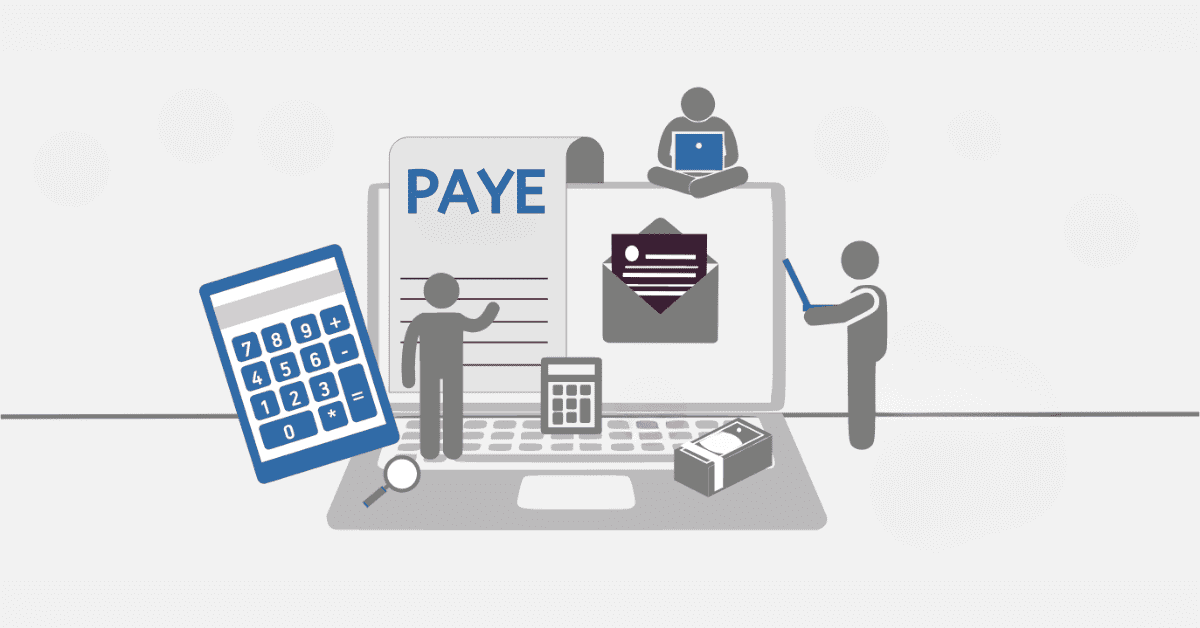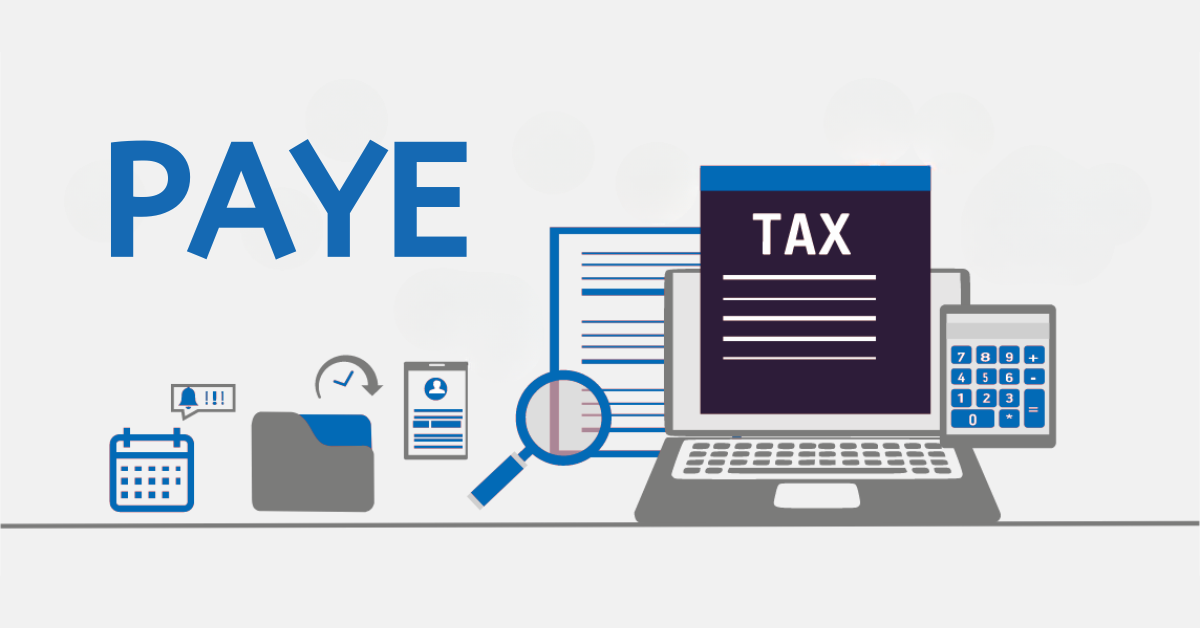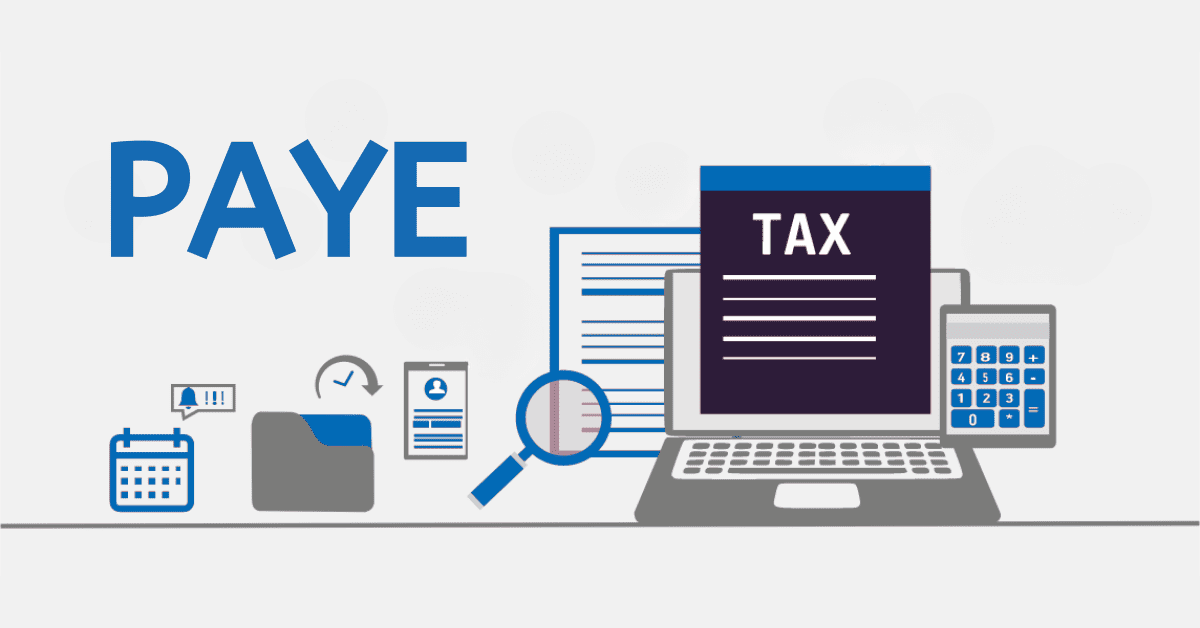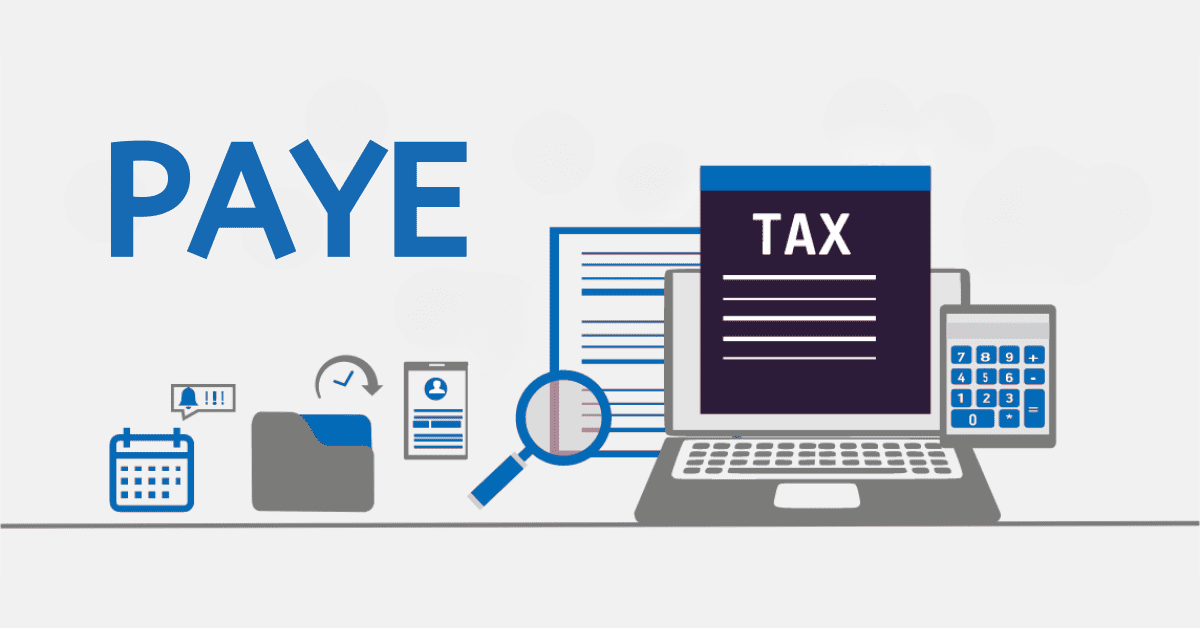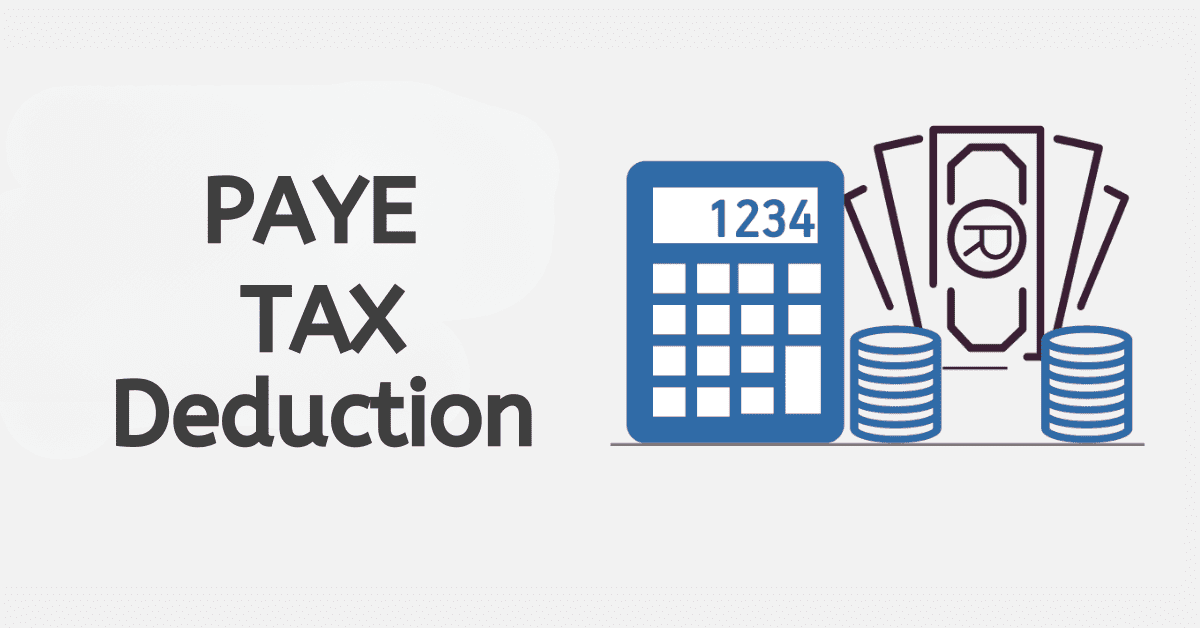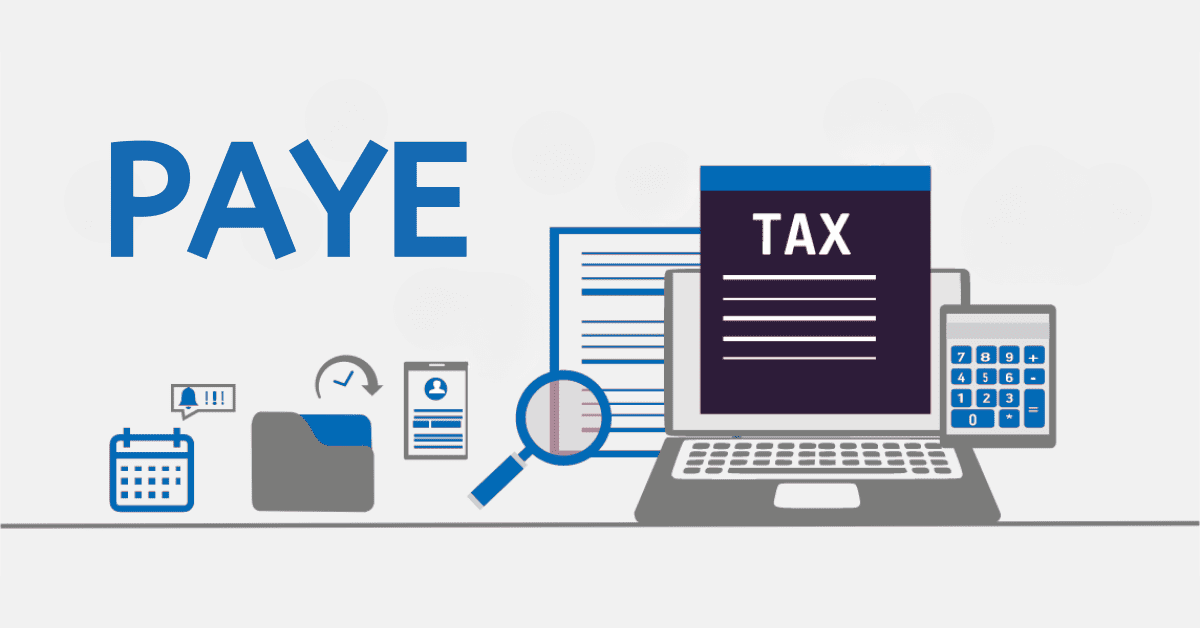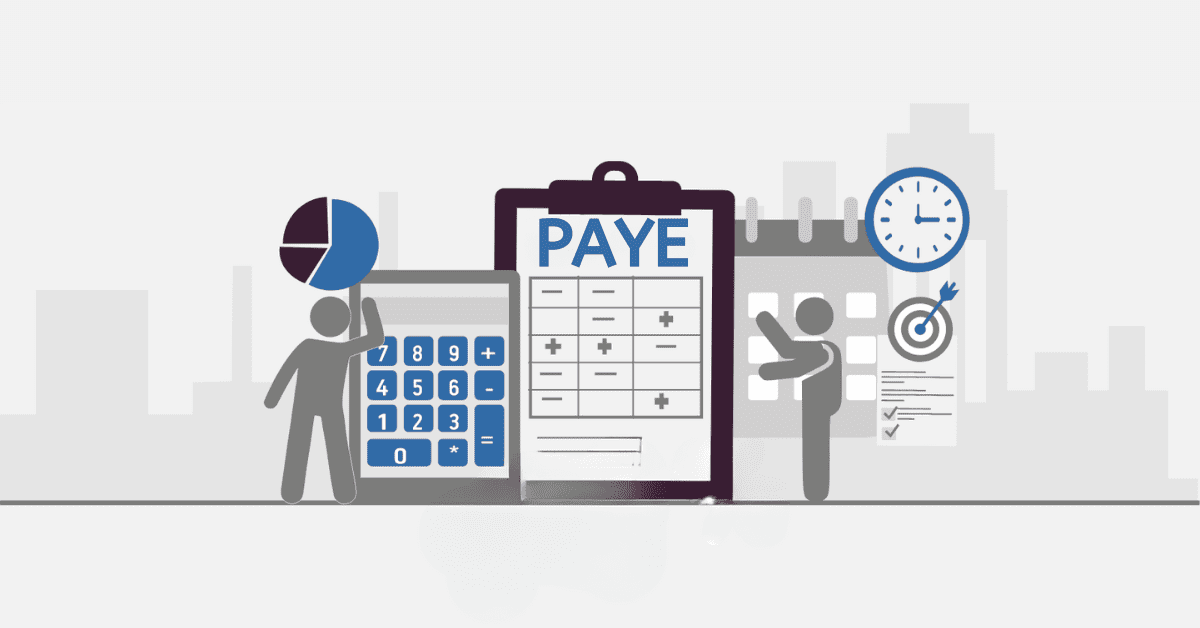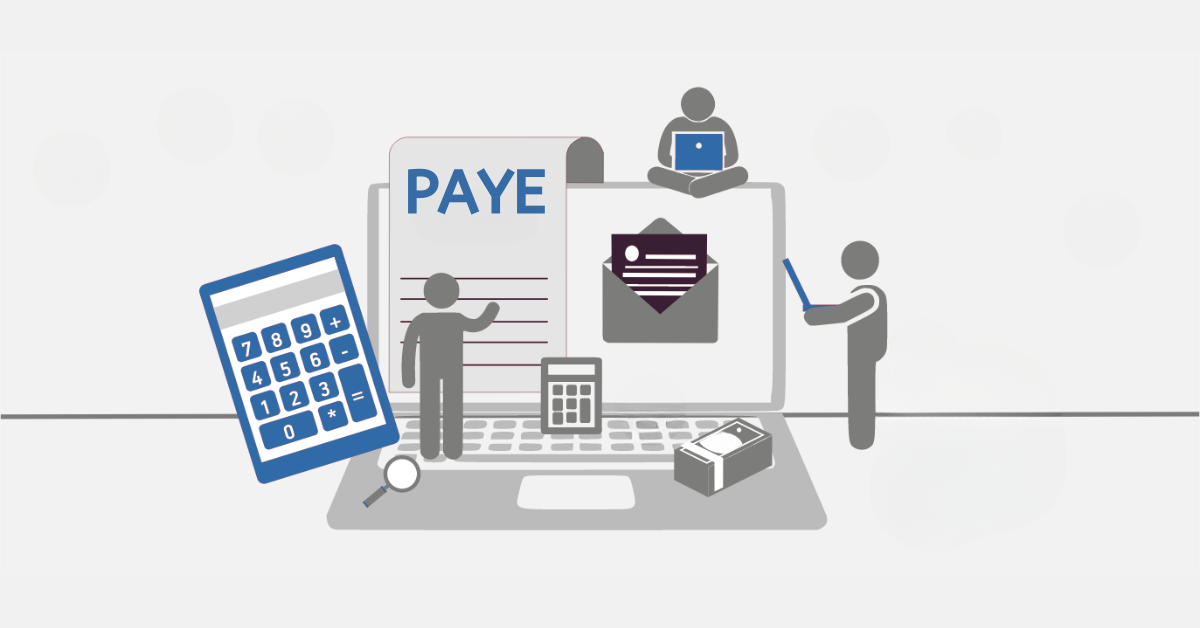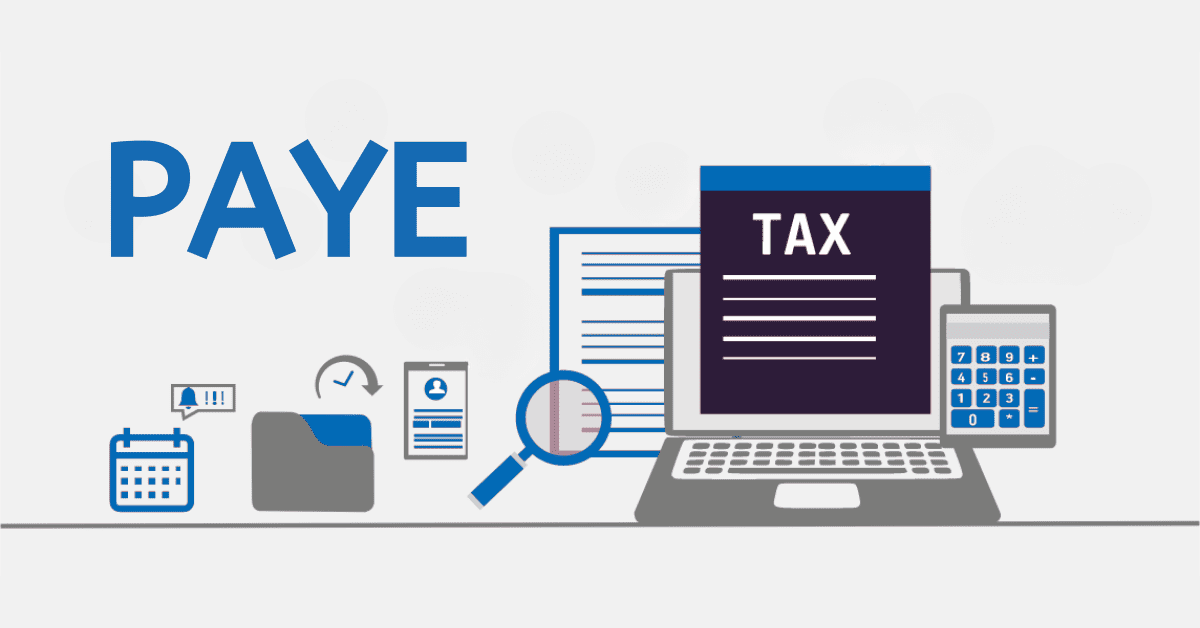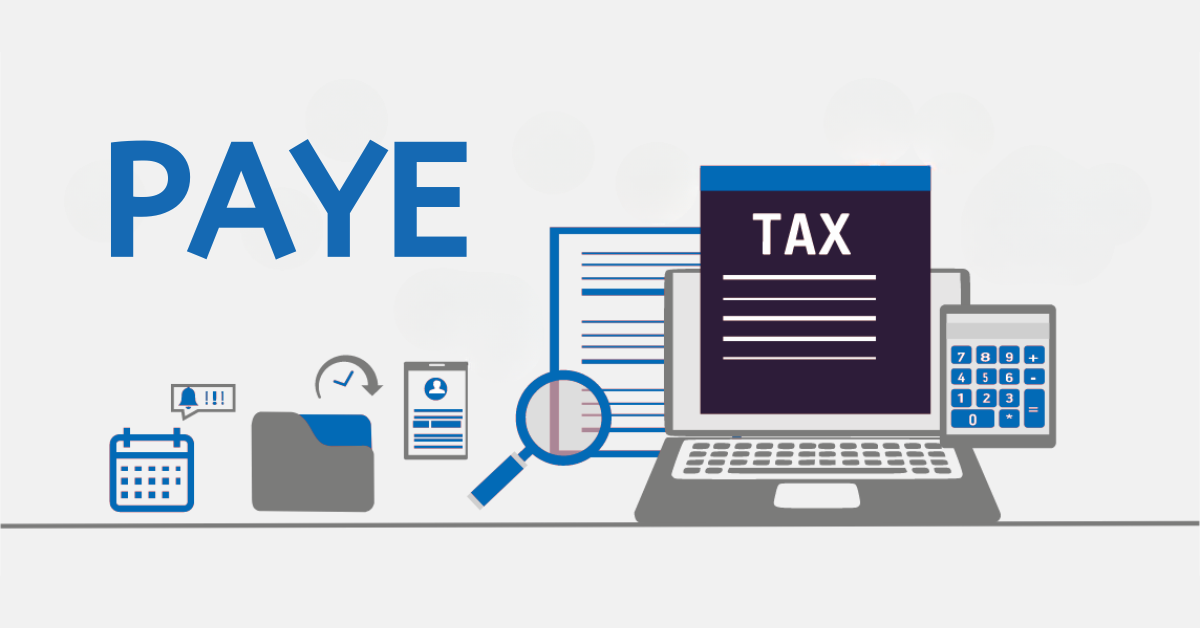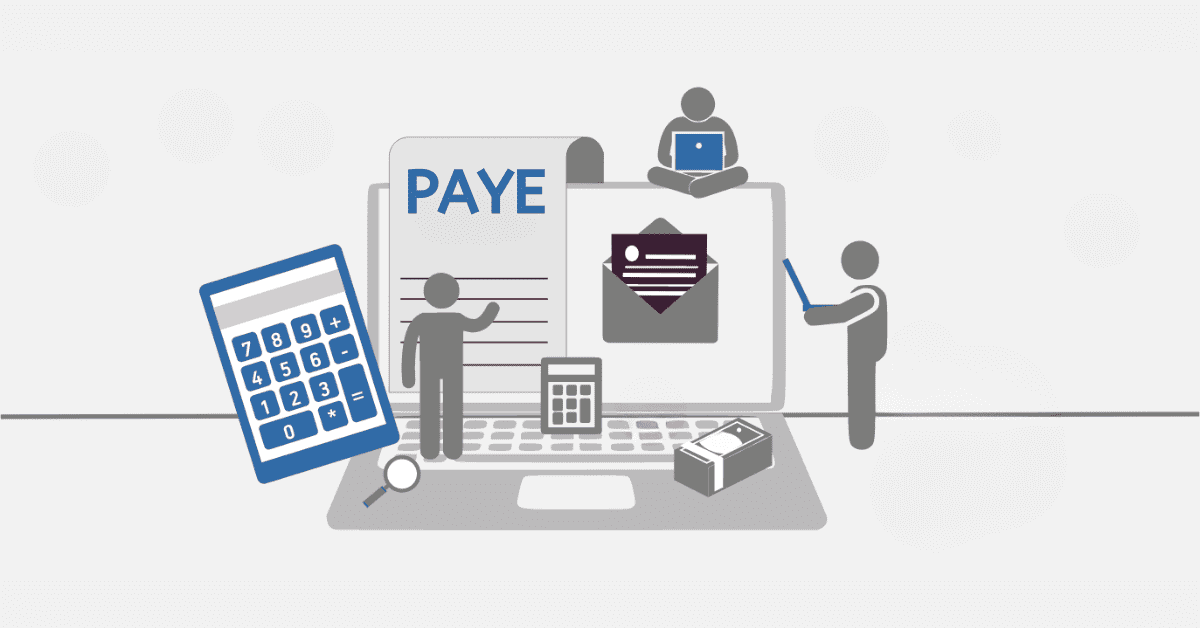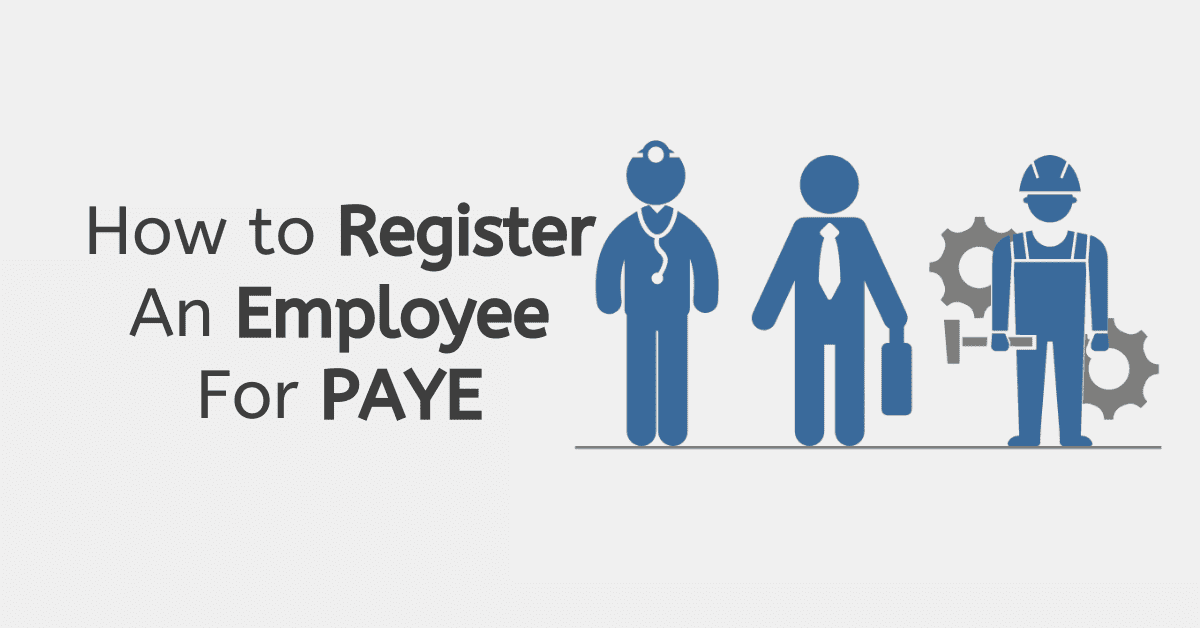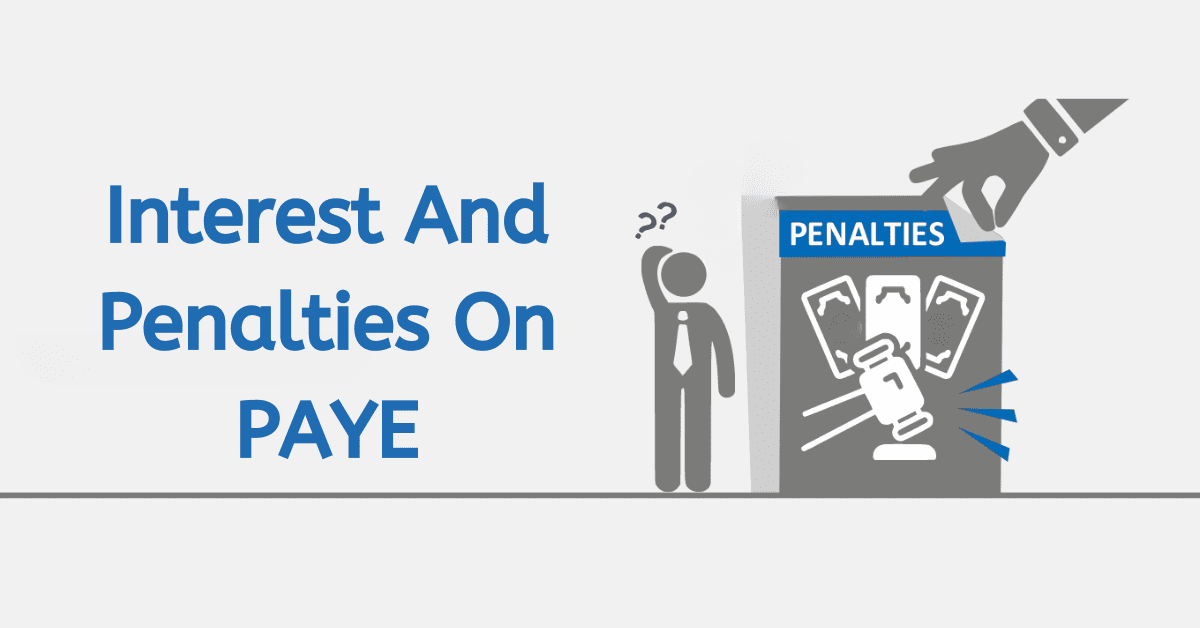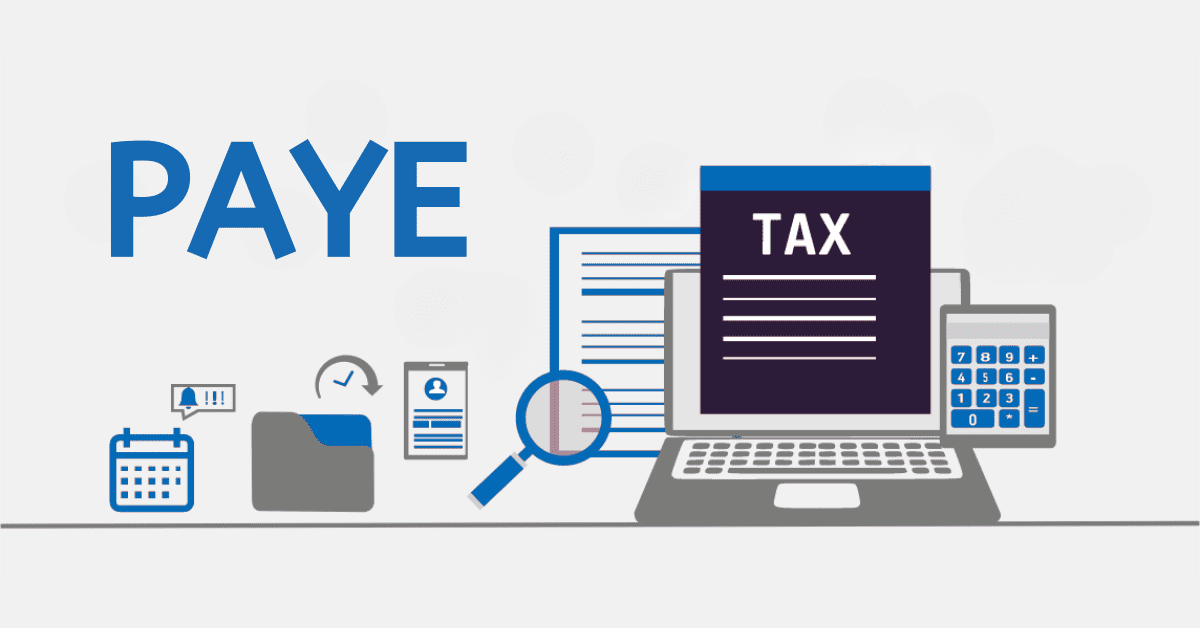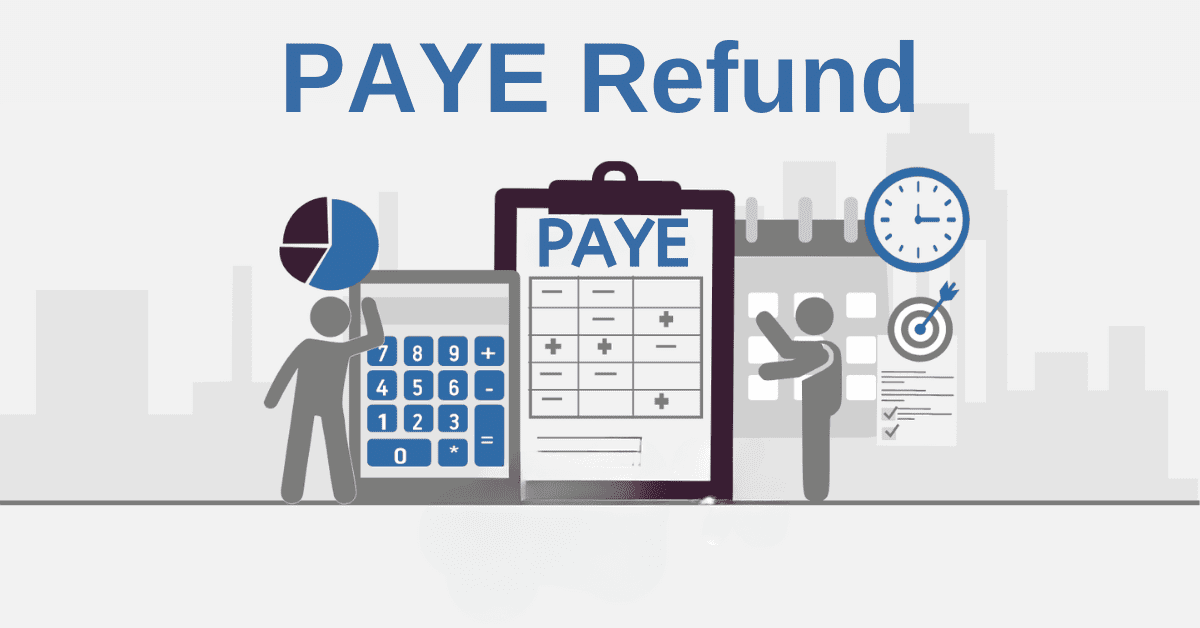When discussing taxation, it is crucial to recognise that there are established legal frameworks that provide support for it. Tax policies have a significant impact on a country’s economy and go through a thorough legislative process before they are enacted into law. The process of considering and debating tax policies is done with great care, taking into consideration factors like economic conditions, government priorities, and public opinion. The process of developing tax policies starts with the introduction of new ideas or modifications to current tax laws. This information can be provided by various sources, including government officials, lawmakers, and external stakeholders like interest groups. Whenever a law is put into place, it comes with penalties and significant consequences.
In this blog post, we will discuss the penalties, fines, and consequences that can be imposed on individuals who fail to comply with certain rules or regulations.
How Much Interest & Penalties Do You Pay For Late Payment Of PAYE?
Failing to pay your PAYE taxes on time or paying them late can result in significant consequences.
If an individual or business fails to pay their PAYE taxes, there can be several consequences that they may have to deal with. One of the first things you’ll notice is that interest and penalties start to accumulate on the amount you owe. The extra fees can quickly add up, making it even harder to pay off the tax debt.
Failing to meet your PAYE obligations, such as making timely payments, can result in serious consequences. Legislation is responsible for governing taxation, and penalties are imposed for any violations. In South Africa, the South African Revenue Service acts as the regulatory authority and shares information through different channels.
In South Africa, if you make a late payment for your PAYE taxes, you will be charged a penalty of 10% along with 10% interest. The penalty is an extra fee that is added to the unpaid tax amount, as outlined in tax legislation. Taking swift action is crucial when it comes to correcting errors, and it is possible to do so before paying the tax liability. Late payments on both listed and unlisted securities are subject to interest charges.
The interest cannot be waived, but taxpayers do have the option to request a remittance of the 10% penalty.
What is the interest rate on late PAYE payments?
When PAYE payments are made late, it can have financial consequences for both employers and employees. If employers do not pay their PAYE obligations on time, they may be subject to interest charges. The charges are determined by the unpaid tax amount and the duration of the delay. SARS has set a prescribed rate of 10% per annum for interest charges. This means that if you have any unpaid taxes or other financial obligations to SARS, they have the authority to charge interest on the amount you owe.
What are the consequences of not paying PAYE?
Not paying PAYE in South Africa has huge consequences. These could be converted to fines, penalties or even jail time. However, the tax regulators in South Africa look to make tax collection simple and easy; therefore, there is a need for progressive education on taxes, especially PAYE.
When you do not PAYE, SARS will calculate all the amounts owed and add interest charges to them. There are certain circumstances that may demand your presence in court for trials and judgment.
Failure to comply with regulations can have serious consequences, including financial difficulties, harm to the reputation of the business, and even the possibility of shutting down. In addition, directors and other individuals in positions of responsibility may be held personally liable. Meeting PAYE obligations promptly is crucial for employers in order to avoid facing repercussions and to ensure that they remain in legal compliance with tax regulations in South Africa.
How is the late payment penalty calculated?
Supposing you have an annual income of R100,000, it is expected that your PAYE will be calculated from this. Supposing you fall in the bracket of 18%, this will be spread out through the monthly income.
To calculate the late penalty, here is a simple formula to use:
Determine the daily penalty, which is 10/365.
Note down the number of days the PAYE payment was due.
Therefore, the late penalty payment will be = Your outstanding PAYE amount x daily penalty rate x number of days due.
This will give you how much penalty is accrued on your payment every single time there is a delay. The total amount due can be obtained by adding this penalty amount to the original outstanding amount.
